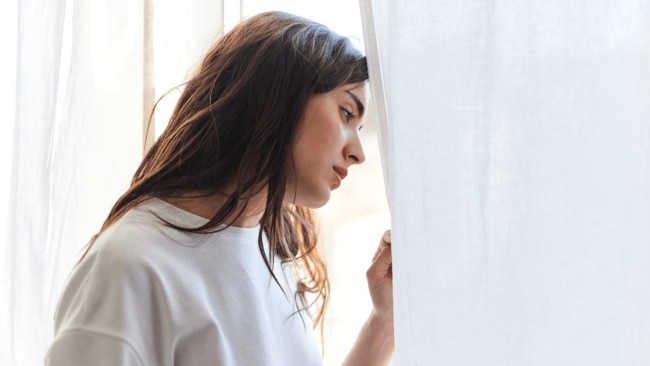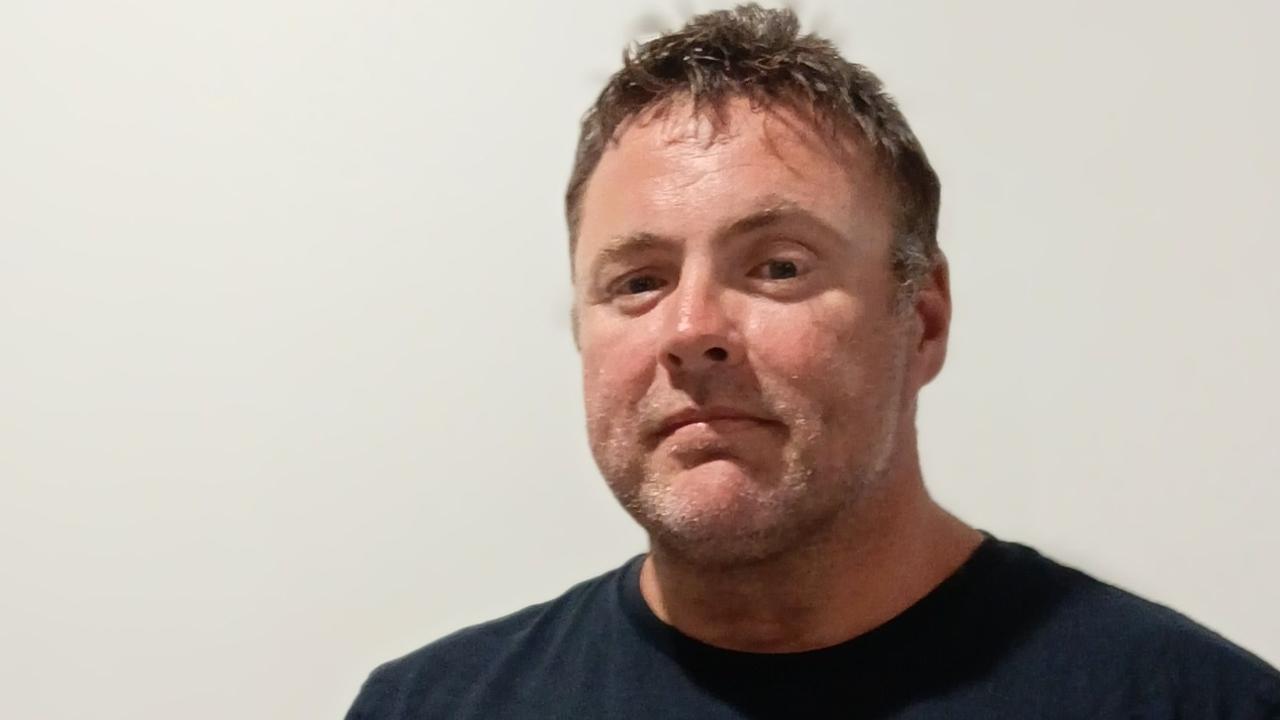Call for government probe over failures in SPF 50 sunscreens
Australians are buying sunscreens they think are SPF 50+ but are actually getting products with alarmingly low levels of protection.

Guides
Don't miss out on the headlines from Guides. Followed categories will be added to My News.
Australians are buying big-brand sunscreens spruiked as SPF 50-plus but are actually getting products with alarmingly lower levels of protection, sparking an urgent call for a government probe into product compliance.
The findings of the shock investigation by consumer group Choice has exposed a horrifying level of potentially dangerous and misleading labels on sunscreen packaging as skin cancer accounts for the largest number of cancers diagnosed in Australia each year.
The consumer researchers have been so rocked by their findings, released today, they have called on the federal government-run Therapeutic Goods Administration and the Australian Competition and Consumer Commission to carry out their own compliance testing.
Choice CEO Ashley de Silva said: “Currently, the TGA relies on reports provided by manufacturers to ensure the safety, quality and efficacy of sunscreen products.
“Unfortunately, these reports may not be providing the accurate information consumers need when choosing sunscreens for themselves and their families.”
Sixteen out of 20 products analysed by Choice did not meet the SPF (sun protection factor) 50 claims, with some testing as low as 4.
The sunscreen that scored the lowest in the testing was Ultra Violette’s Lean Screen SPF 50+ Mattifying Zinc Skinscreen, which retails for $52 and returned an SPF low of 4.
“We were really shocked to see the results for Ultra Violette’s Lean Screen SPF 50+ product, so much so that we actually decided to test a different batch at a completely different lab in Germany to confirm the results,” Mr de Silva said.

“Those tests found the product had an SPF of 5 – an almost identical result to our initial testing.”
Ultra Violette responded to the findings by saying it was “deeply committed” to its customers’ health and safety and worked only with reputable, TGA licensed manufacturers to conduct quality release testing.
The company said Lean Screen contained 22.75 per cent zinc oxide, which would render an SPF 4 result “scientifically impossible” if the product was applied sufficiently.
It said there was a lot of “fearmongering” in the SPF industry and accused Choice of releasing misleading information “in the interest of generating headlines”.
The cream that rated the best in testing was the La Roche-Posay Anthelios Wet Skin Sunscreen SPF 50+ which tested at 72.
Mecca Cosmetica To Save Body SPF 50+ Hydrating Sunscreen was also among the four rating above expectations at 51, with Cancer Council Kid Sunscreen 50+ at 52
and Neutrogena Ultra Sheer Body Lotion SPF 50 at 56.
Other 50+ sunscreens tested had their SPFs measure between 24 and 43.
Mr de Silva said it was important to highlight that this testing did not mean those sunscreens didn’t work.
“While some specific sunscreens did not meet their claimed SPF, a sunscreen with an SPF of 30 or even 20 still offers a significant amount of sunscreen protection, and any sunscreen is better than none at all,” Mr de Silva said.
Three of the Cancer Council’s four sunscreens tested were found by Choice to not give the SPF 50 protection stated on the product.
The organisation says it is now getting these products tested by an independent international laboratory “out of an abundance of caution”.
“Cancer Council is committed to providing high-quality, reliable sunscreen and takes SPF testing standards extremely seriously,” a spokesman said.

“While we are very concerned by Choice’s findings, we can confirm that we hold SPF test results from our product sponsor for each of the products Choice has tested, all of which show compliance with their labelled SPF rating.
“SPF testing is conducted on human skin and can produce variable results between laboratories, even when the same standards are followed.”
Australian Medical Association Queensland president Dr Nick Yim was alarmed by the test results.
“Consumers have a right to expect the sunscreens they buy will perform at the advertised level,” he said
“If they can’t trust these products then they may stop buying them and not be protected from sun damage.
“We urge the Therapeutic Goods Administration to carry out detailed testing of sunscreens available on the market to get more information on which products aren’t stacking up.”
Friends Pirie Outridge and Bella McDonald were shocked to find that products from Banana Boat and Cancer Council weren’t as effective as they were labelled.
“We should be able to trust and believe these brands are being honest … it is incredibly concerning,” Ms Outridge said.
Ms McDonald, mother to 14-month-old Layla, was especially concerned for herself and her young family.
“It is worrying, when I think I am protecting myself and (Layla) and it turns out I am not really protecting her as much as I thought I was is pretty shocking,” Ms McDonald said.
Originally published as Call for government probe over failures in SPF 50 sunscreens




